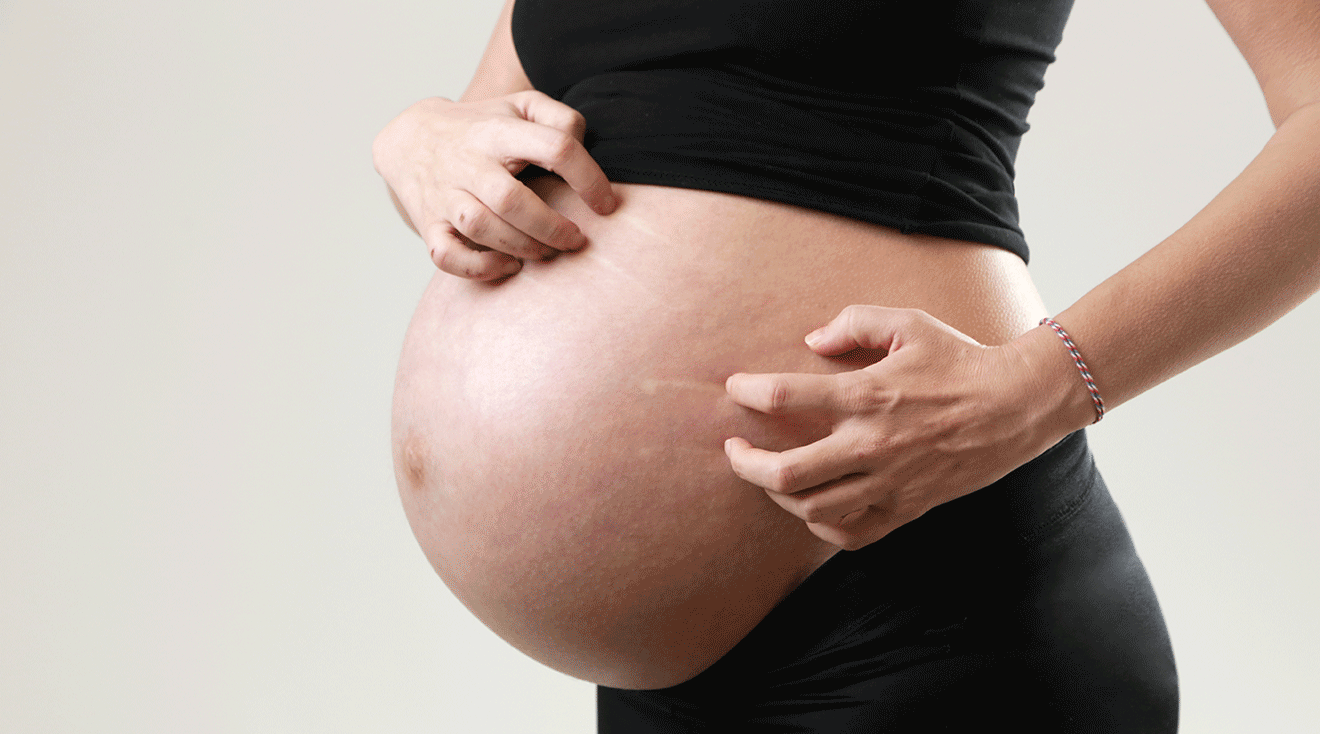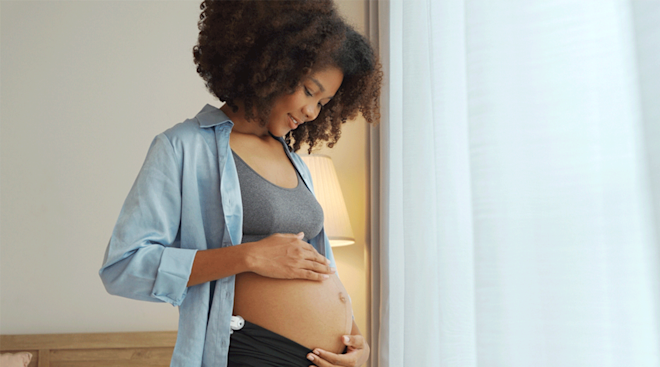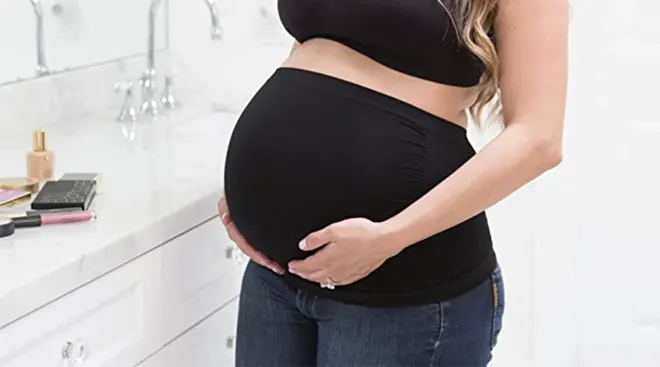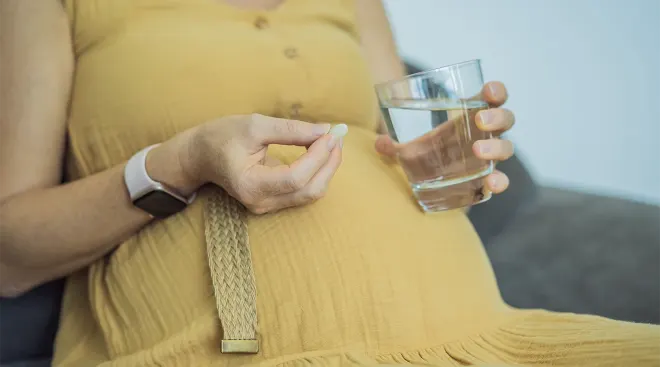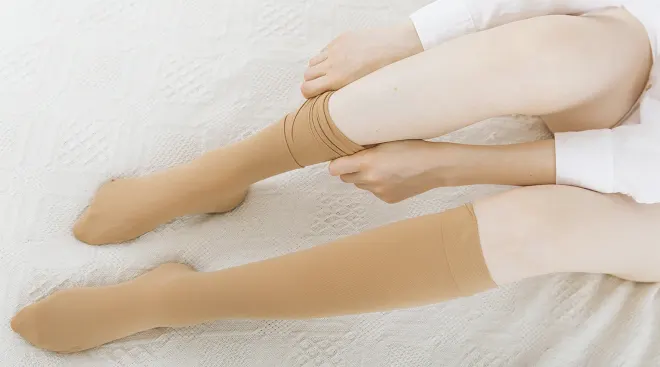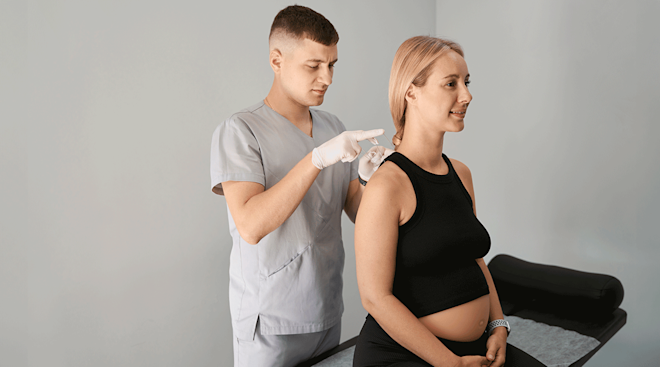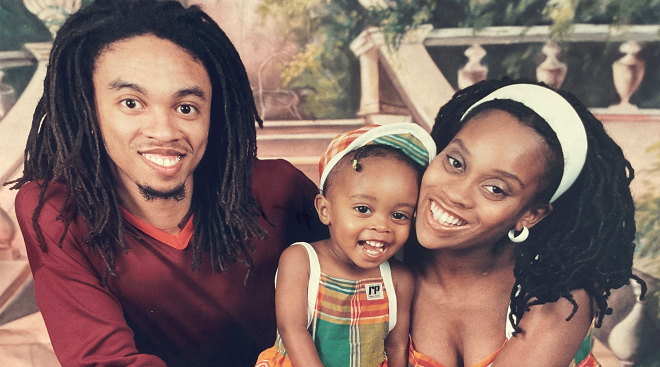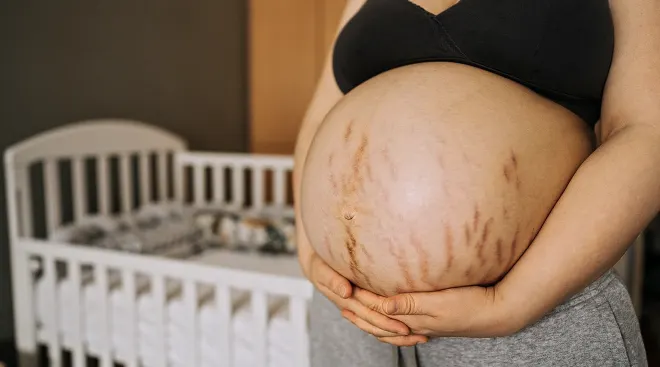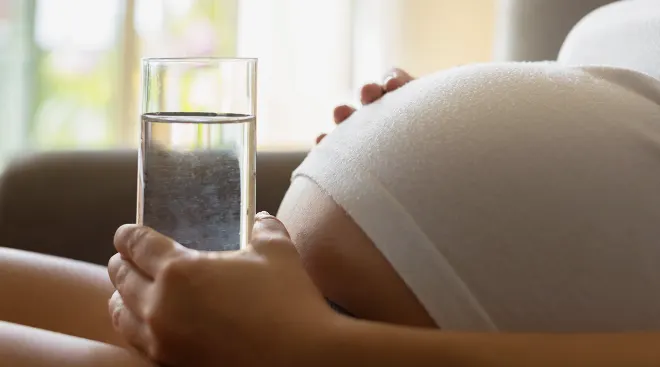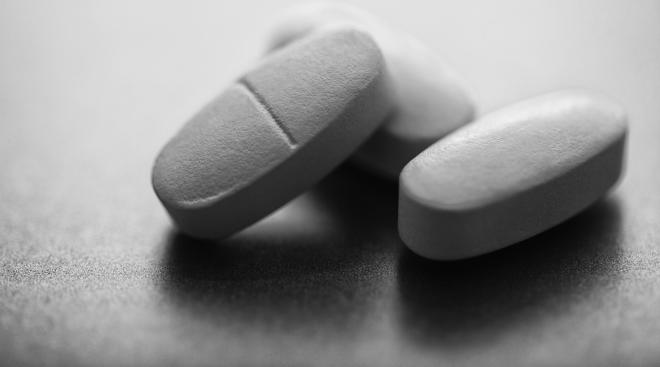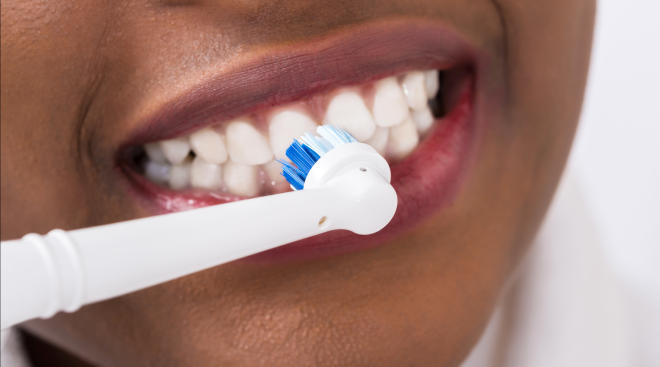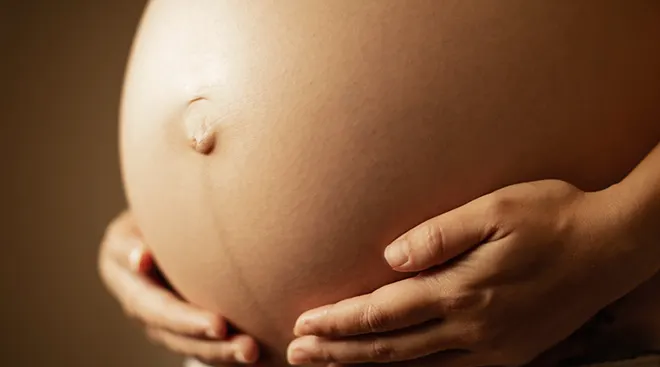
How to Deal With Itchy Skin During Pregnancy
Itchy skin is something we all experience at one point or another, but it’s especially common during pregnancy. Why? Your skin is slowly being stretched to accommodate your growing belly, and that can make you all kinds of itchy. But while most pregnancy-related itchiness can simply be chalked up to your stretching skin, there are a few health conditions that can be behind it too. So how can you tell if it’s just another annoying pregnancy skin issue, or something that calls for a trip to the doctor? Here’s what you need to know about dry and itchy skin during pregnancy.
When you’re pregnant, your skin stretches rapidly as baby—and your belly—grow. That can cause an interruption of your skin’s barrier, along with a loss of moisture and itchiness, explains Joshua Zeichner, MD, assistant professor of dermatology at the Icahn School of Medicine at Mount Sinai and director of cosmetic and clinical research in dermatology at Mount Sinai Hospital. Some moms-to-be and pregnant people can even develop eczema (a red and super-itchy rash) during pregnancy, he says, although experts don’t really understand why.
You can have itchiness anywhere during pregnancy, but it most commonly affects the breasts and belly, says women’s health expert Jennifer Wider, MD.
Cholestasis of pregnancy
Itching during pregnancy can also be due to a condition known as intrahepatic cholestasis of pregnancy, which is a liver condition where the normal flow of your liver’s bile is impacted by the higher amounts of pregnancy hormones circulating in your body, says Christine Greves, MD, FACOG, an ob-gyn at the Winnie Palmer Hospital for Women & Babies in Orlando, MD.
So what are the cholestasis symptoms to look out for? Itching from cholestasis usually starts on the palms of your hands and soles of your feet, and generally comes on in the third trimester, says Jonathan Schaffir, MD, an ob-gyn at The Ohio State University Wexner Medical Center. The itching can move inward from your extremities and end up affecting your whole body, he says.
Cholestasis isn’t very common, but it’s treatable. “The only cure for it technically is delivery, but we don’t want to deliver somebody too early because of that,” Greves says. If you have cholestasis (which is diagnosed with a blood test) and you’re not near your due date, your doctor may recommend a medication called ursodiol, which helps lower the amount of bile in your blood, Greves says. Soaking the itchy parts of your body in cool or lukewarm water may also help. Your doctor will also want to closely monitor you and baby going forward.
If you’re dealing with itchy skin in pregnancy, you don’t have to just suffer through it—there are several at-home remedies you can try.
- Use a rich skin cream. There’s no harm in using “regular” lotion, but a thick moisturizer containing cocoa butter or jojoba oil should help even more, Schaffir says.
- Look for moisturizers with petrolatum. This ingredient forms a protective seal over your skin, allowing it to repair itself and prevent further loss of hydration, Zeichner says.
- Give your laundry detergent the side-eye. Some detergents, especially scented ones, can irritate your skin and cause itchy skin during pregnancy. Greves recommends using a gentle, unscented detergent and seeing if that helps.
- Try cold packs. There’s no good data to prove this works, but using ice packs or putting a cool cloth on especially itchy areas should help give you some relief, Greves says.
- Add cornstarch to your bath. Another natural remedy? Sprinkling cornstarch in your bath. It’s not backed up by research, but it may help relieve some of the itch, Greves says.
- Take Benadryl. It’s always a good idea to check in with your doctor before taking a medication during pregnancy, but Benadryl is generally considered safe for moms-to-be, Greves says. It may also help you sleep if the itchiness is keeping you awake at night.
If a health condition like cholestasis is causing your itchiness, there’s only so much you can do to prevent it. But if it’s due to skin stretching, there are a few tricks to keeping the itchies at bay:
- Use a humidifier in your bedroom. This can help put moisture back into the air—and your skin.
- Take short showers. Aim for 10 minutes or less, Zeichner says, and take a pass on using really hot water, which can irritate your skin.
- Use gentle cleansers. Soap-free and fragrance-free cleansers tend to be easier on your skin.
- Wear breathable fabric. Letting your skin breathe should help prevent itchy skin during pregnancy, Wider says.
While some pregnancy itchy skin is totally normal, itchiness along with other symptoms is not. Call your doctor immediately if you experience any of these symptoms:
- Itching on your palms or soles. These are common signs of cholestasis, a pregnancy complication.
- Itching that comes with nausea. This can also be one of the typical cholestasis symptoms, Wider says.
- Jaundice. If your skin takes on a yellowish hue, it could be another symptom of cholestasis.
- A rash. A rash could be a sign of many things, but an itchy, bumpy rash that appears on your belly is likely a sign of pruritic urticarial papules and plaques of pregnancy (PUPPP), Wider says. It’s a pretty common condition in first-time moms and those carrying multiples, but it’s benign. Still, any rash should be checked out, just to be safe.
Frequently Asked Questions
Is itchy skin a sign of pregnancy?
While itchy skin can be a symptom of pregnancy, it’s not typically one of the early signs that’ll tip you off to pregnancy, such as sore breasts, morning sickness and fatigue.
When is itchy skin in pregnancy most common?
Pregnancy itchy skin can develop at any point while you’re expecting, says Zeichner. “Itching can develop early [in] pregnancy because of fluctuations of hormones and the impact it has on the skin,” he says. “Later in the pregnancy, skin stretching can lead to itch.” Cholestasis of pregnancy can start in the second or third trimester, he adds, so check in with your doctor if you notice new or unusual symptoms then.
Is itchy skin during pregnancy worse at night?
Yes, pregnancy itchy skin—and any itchy skin—tends to be worse at night, says Zeichner. “Since you don’t have environmental distractions as you’re lying in bed, you may become focused on the itch,” he says.
What’s the best cream for itchy skin during pregnancy?
Again, look for moisturizers with petrolatum, which forms a protective seal over your skin, allowing it to repair itself. “If you’re experiencing itch, it’s important to make sure that your skin barrier is in as good shape as possible,” says Zeichner. “Be sure to apply a moisturizer twice daily, and look for ingredients like oatmeal, which has soothing effects on the skin.”
Does Benadryl work for itchy skin during pregnancy?
If your itch is thought to be because of an allergy, then a topical or oral antihistamine like Benadryl could help, says Zeichner. Be sure, however, to touch base with your doctor before taking any medication during pregnancy, he adds.
Please note: The Bump and the materials and information it contains are not intended to, and do not constitute, medical or other health advice or diagnosis and should not be used as such. You should always consult with a qualified physician or health professional about your specific circumstances.
Plus, more from The Bump:
Christine Greves, MD, FACOG, is an ob-gyn at the Winnie Palmer Hospital for Women & Babies in Orlando. She received her medical degree from the University of South Florida College of Medicine.
Jonathan Schaffir, MD, is an ob-gyn at The Ohio State University Wexner Medical Center and a past president of the North American Society for Psychosocial Obstetrics and Gynecology. He earned his medical degree from Brown University in 1990.
Jennifer Wider, MD, is a New York City-based women’s health expert and author. She received her medical degree from the Mount Sinai School of Medicine.
Joshua Zeichner, MD, is an assistant professor of dermatology at the Icahn School of Medicine at Mount Sinai and director of cosmetic and clinical research in dermatology at Mount Sinai Hospital. He received his medical degree from Johns Hopkins University School of Medicine.
Learn how we ensure the accuracy of our content through our editorial and medical review process.
Navigate forward to interact with the calendar and select a date. Press the question mark key to get the keyboard shortcuts for changing dates.
































